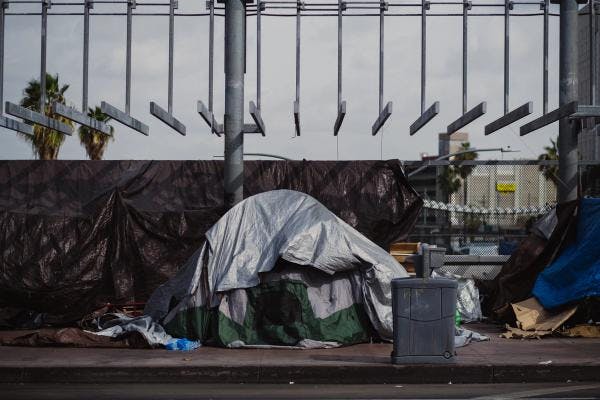Levi Meir Clancy / Unsplash
People think drug use causes homelessness. It’s usually the other way around
A common perception among many Californians is that substance abuse is a chief cause of people losing their housing and living on the streets. But research debunks this myth.
Findings from the recent California Statewide Study of People Experiencing Homelessness encompassing more than 3,200 adults — the largest and most representative sample of homeless individuals since the 1990s — found that 50% have not used any drugs (methamphetamine, cocaine, crack cocaine or nonprescription opioids) in the last six months.
While drug use is much lower in California’s housed population, by no means does every person who is homeless actively use drugs.
For those who did use drugs in the last six months, 40% of people started using — more than 3 times a week —after becoming homeless. Thirty-one percent of those individuals reported using methamphetamine and 11% used nonprescription opioids more than three times per week. Those who spent most of their nights unsheltered in a non-vehicle (sleeping outside, in tents, in places not meant for human habitation) and individuals who were homeless for more than a year had higher proportions of methamphetamine and opioid use.
The California Statewide Study also conducted interviews with more than 300 homeless adults, exploring their daily life, including drug use. That work, along with other research, finds that individuals frequently use methamphetamine to help them stay awake at night to protect themselves and their property from assault and theft.
Regions
Related Profiles
- University of California, Berkeley
- San Francisco Benioff Homelessness and Housing Initiative (BHHI)
